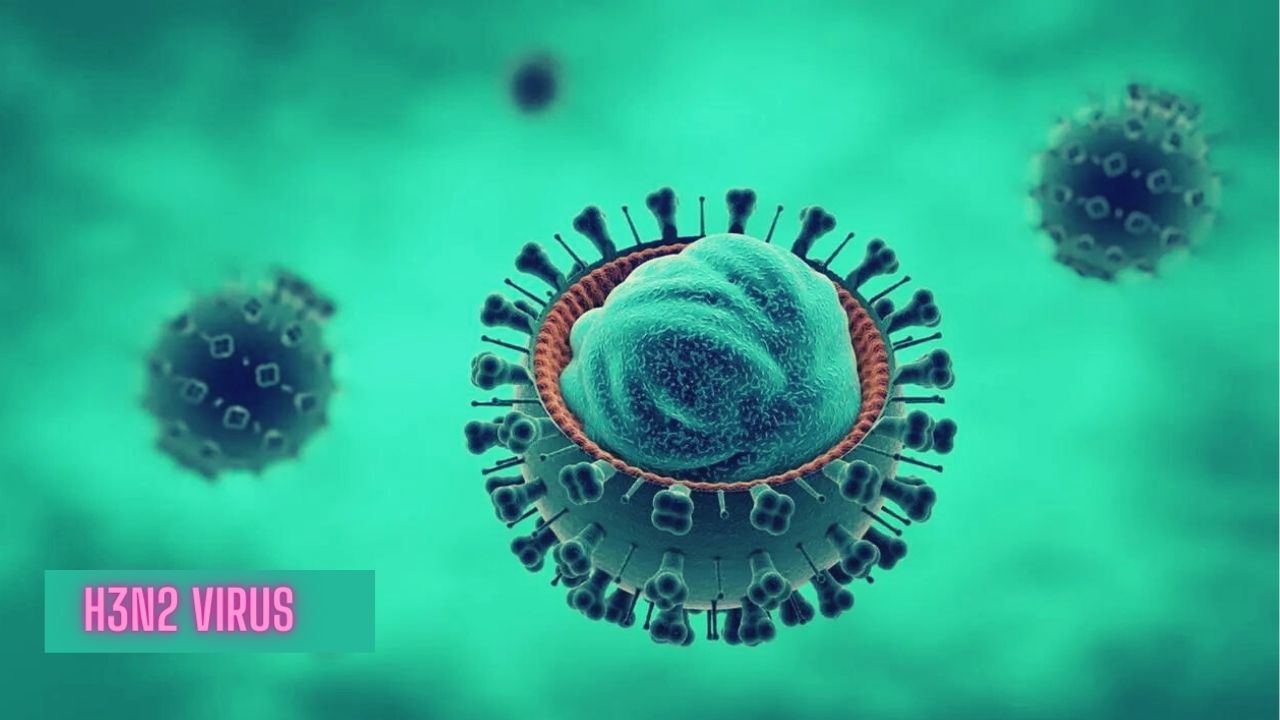With the H3N2 sub-type of influenza A virus spreading rapidly in India and causing fear among citizens, it is important to understand its symptoms, prevention, and treatment options.
What is H3N2 Influenza Virus?
H3N2 is a flu virus that affects the respiratory system in humans and can mutate into many different strains affecting mammals and birds.
What are the Symptoms of H3N2 Influenza Virus?
Some common symptoms of H3N2 virus include chills, coughing, body aches, fever, nausea, vomiting, sneezing and runny nose, sore throat, or diarrhea in some cases. If a person experiences difficulty in breathing or has chest discomfort along with throat pain while swallowing food and fever, it can be a sign of H3N2, and they should immediately see a doctor.
How is it Spread and How to Prevent it?
H3N2 influenza is extremely contagious and can be transmitted through droplets released when coughing, sneezing, or talking by an infected individual. It can also spread through touching the mouth or nose after coming in contact with a surface that has the virus on it. To prevent H3N2 influenza, it is essential to get vaccinated every year, frequently wash hands with soap and water, avoid contact with sick individuals, cover the mouth and nose while sneezing or coughing, and miss less time from school or work when ill.
Read Also: Saggy Breasts: Causes, Yoga Exercises & Prevention
What are the Treatment Options for H3N2 Influenza Virus?
The key requirement is to take enough rest and consume enough fluids. Over-the-counter medicines for fever can also be taken as part of H3N2 influenza treatment. If a patient shows extreme symptoms and is at high risk, they may be advised to have antiviral medication by the doctor.
Do’s:
- Avoid crowded places and use a face mask.
- Wash your hands frequently with soap and water.
- Cover your mouth and nose while sneezing or coughing.
- Keep yourself hydrated by drinking plenty of fluids.
- Use paracetamol for fever and body aches.
Don’ts:
- Spit in public places.
- Shake hands or indulge in contact-based greetings.
- Self-medicate with antibiotics or other medications.
- Eat while sitting next to other people.
In conclusion, H3N2 influenza virus is a serious threat to public health that is highly contagious and has the potential to cause severe complications. With its recent outbreak in India, it is essential that we take all necessary precautions to prevent the spread of this virus. The symptoms of H3N2 are similar to other strains of influenza, but it is important to recognize the severity of the symptoms and seek medical attention if necessary.
Prevention measures such as vaccination, frequent hand washing, avoiding contact with sick individuals, and wearing face masks in crowded areas can help reduce the risk of contracting the virus. Moreover, it is equally important to follow the do’s and don’ts to prevent the virus. By taking these simple steps, we can protect ourselves and our communities from the spread of H3N2 influenza virus.













